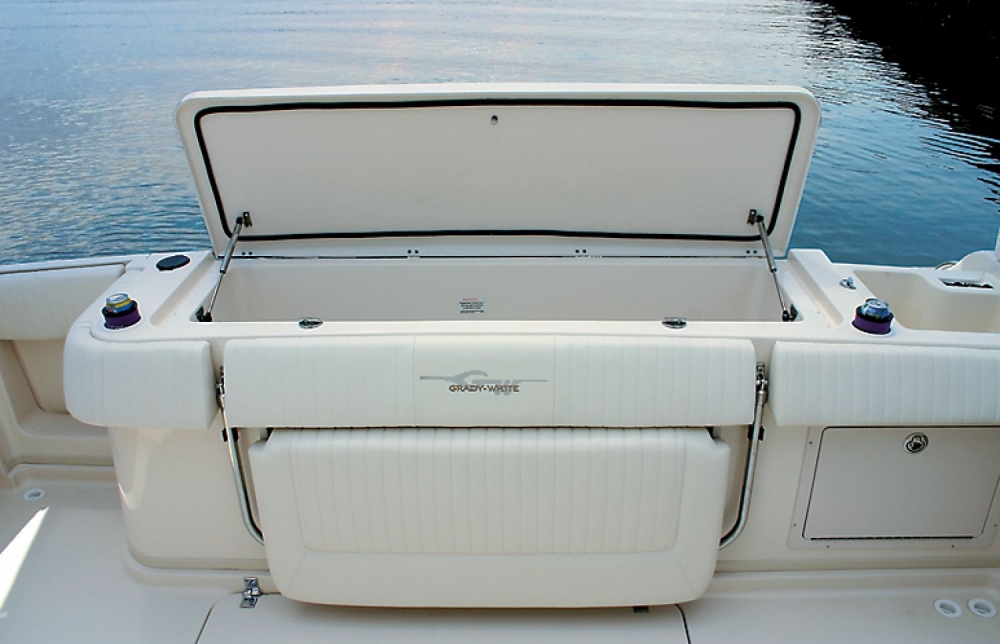Going on your very own marine voyage is probably one of the most relaxing and exciting pleasures of one’s life. These trips to the boundless sea are nothing short of an adventure. To make the most of your trip, it is essential to ensure one is properly prepared. You would be at sea for days and days. Obviously, you do not want to starve or have to drink flat beverages amidst the blue oceans and the bright sun. Refrigeration is a compulsory element to have on your boat. While, some may argue that you could do just as fine without refrigeration, I beg to differ. Could you ever imagine sailing through the Caribbean without chilled beverages on board!
Now that I have established the importance of refrigeration on your boat, let us move on to dealing with refrigerator issues. Marine refrigeration is not an inexpensive matter. Sometimes, you might not be able to purchase the boat refrigerator of your dreams, and have to settle for a smaller and more affordable one. That is perfectly alright. Here are some tips on how you can make efficient use of a small refrigerator’s limited storage space:
Storing Meat
Storing meat in adequate cold temperatures is essential to maintain its freshness and suitability to consume. Meat tends to get spoiled easily. The same goes for fish. These two are best preserved in the freezer. Instead of stuffing your freezer in the product’s original packaging, you could divide your meat/fish into meal size portions and transfer each portion separately into Ziplocs. This saves space and makes defrosting easier. You could also use canned meat aboard to save on some extra space in the freezer.
Storing Dairy Products
If you’ve a small fridge, buying smaller boxes of milk and butter is a good move. Milk boxes do not have to be refrigerated unless they have been opened. Cheese too, only has to be refrigerated if their protective wax has been removed.
Storing Eggs
Storing eggs is a tricky business. Pre-refrigerated eggs have to be further refrigerated compulsorily. Since, it is hard to find non pre-refrigerated eggs in the US easily, the best you could do is to buy in small and strictly required quantity.
Storing Vegetables and Fruits
Well, we cannot agree more on the indispensable role produce plays in making our meals complete. But, if you have a small refrigerator, it might be difficult to store them well. These take up a lot of space. Instead of buying in bulk and storing them as it is, you could divide them into required portions and store in a ziplock. Veggies and fruits do not need too much refrigeration unless the climate and time involved is not favorable.
Storing Condiments
FDA advocates strict refrigeration of mayonnaise, salad dressings, jams, jellies and a whole lot of other condiments, as they are more prone to contamination. If you are a wasabi enthusiast, make sure they are always under refrigeration. Instead of using bottles, purchase them in squeeze packs or transfer them in smaller squeeze packs for efficient space management.
Storing Beverages
What’s the point of beverages if one can’t have them chilled. A good way is to store two or three water bottles at a time; that can be refilled after use. The same goes for beer as well. Store not more than 4 (or the least required) cans, on a rotational basis. Do not put in warm beers into your refrigerator, as it makes it work harder than usual. Toss in a few cans right before going to bed. Same goes for sodas. A good way to store wine is by transferring them into water bottles.
Making adequate utilization of a small boat refrigerator is not very convenient, but with a little practice and planning, you could expertly store all your essentials in your boat refrigerator.







Recent Comments